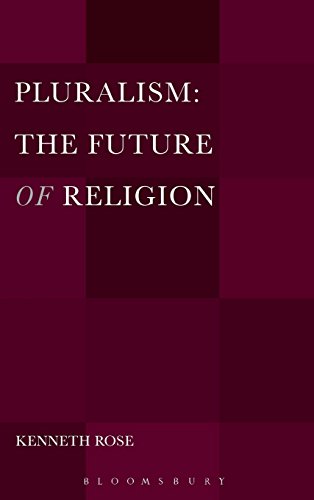

Most ebook files are in PDF format, so you can easily read them using various software such as Foxit Reader or directly on the Google Chrome browser.
Some ebook files are released by publishers in other formats such as .awz, .mobi, .epub, .fb2, etc. You may need to install specific software to read these formats on mobile/PC, such as Calibre.
Please read the tutorial at this link: https://ebookbell.com/faq
We offer FREE conversion to the popular formats you request; however, this may take some time. Therefore, right after payment, please email us, and we will try to provide the service as quickly as possible.
For some exceptional file formats or broken links (if any), please refrain from opening any disputes. Instead, email us first, and we will try to assist within a maximum of 6 hours.
EbookBell Team

0.0
0 reviewsTheology of religions has defaulted in the last two decades to an epicyclic inclusivism which seeks to undermine pluralism with claims that it is covertly triumphalistic and that it mirrors the logic of exclusivism. With the exception of pioneers in the field such as John Hick and Paul Knitter, most major figures in this theological field have retreated from pluralism and promote versions of particularism and inclusivism. Pluralism: The Future of Religion argues for an apophatic pluralism that is motivated by the insight that it is impossible to secure universal assent for changeable bodies of religious teachings. This insight implies the non-finality and consequent 'departicularization' of all religious teachings and their inclusivistic defenses. These conclusions point us inevitably toward pluralism and lead us out of the inclusivistic impasse of contemporary theology in religions.